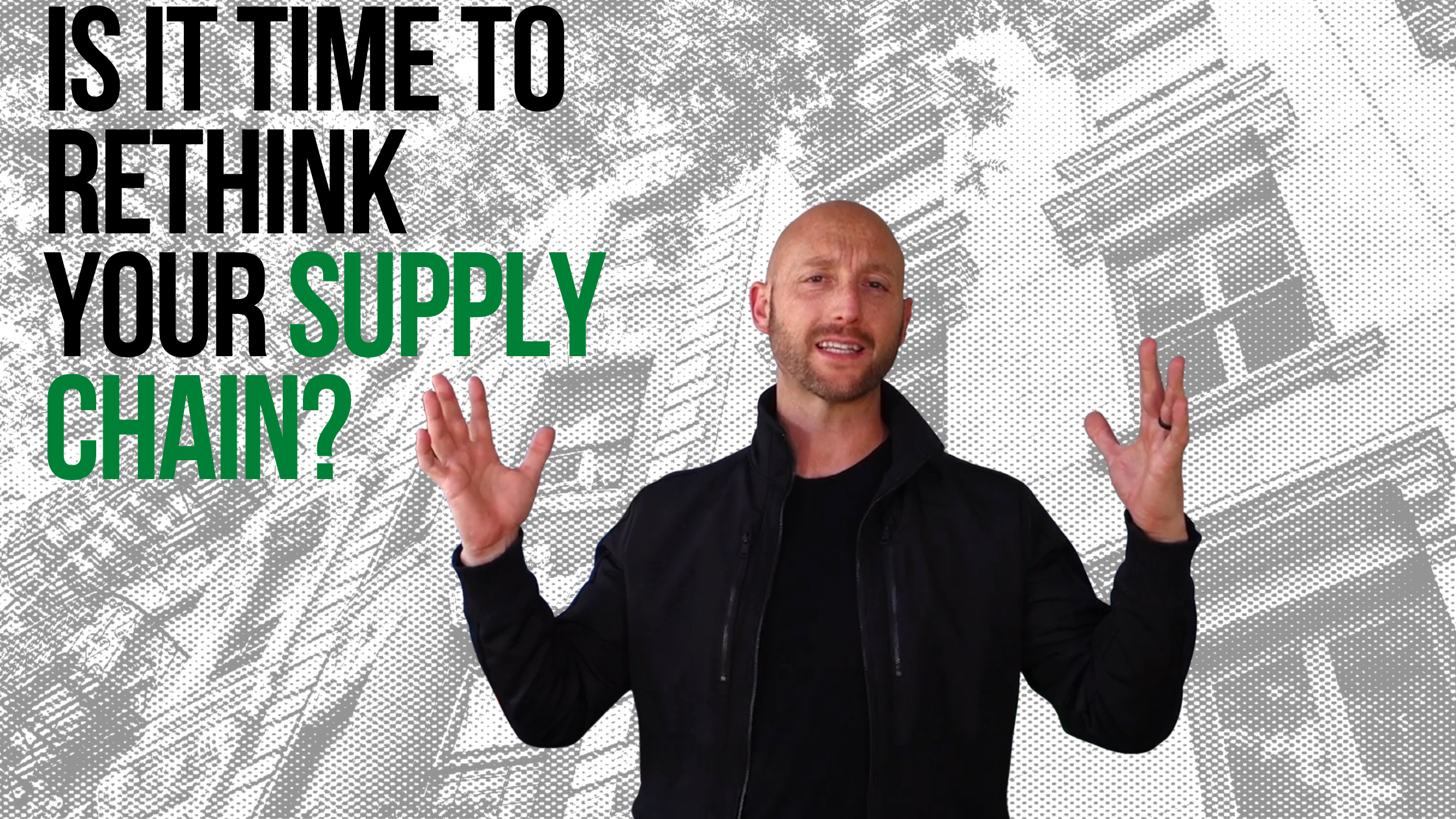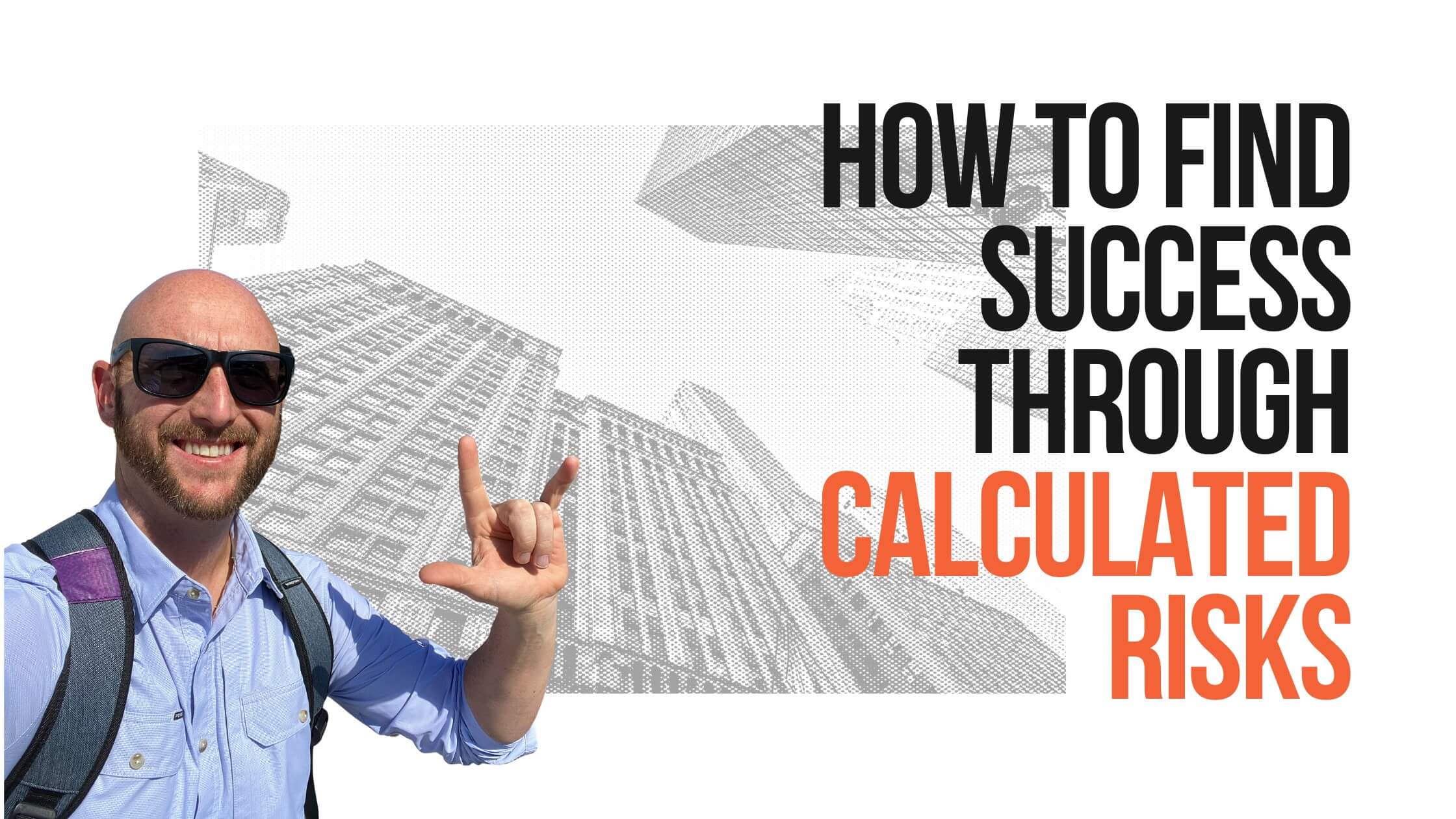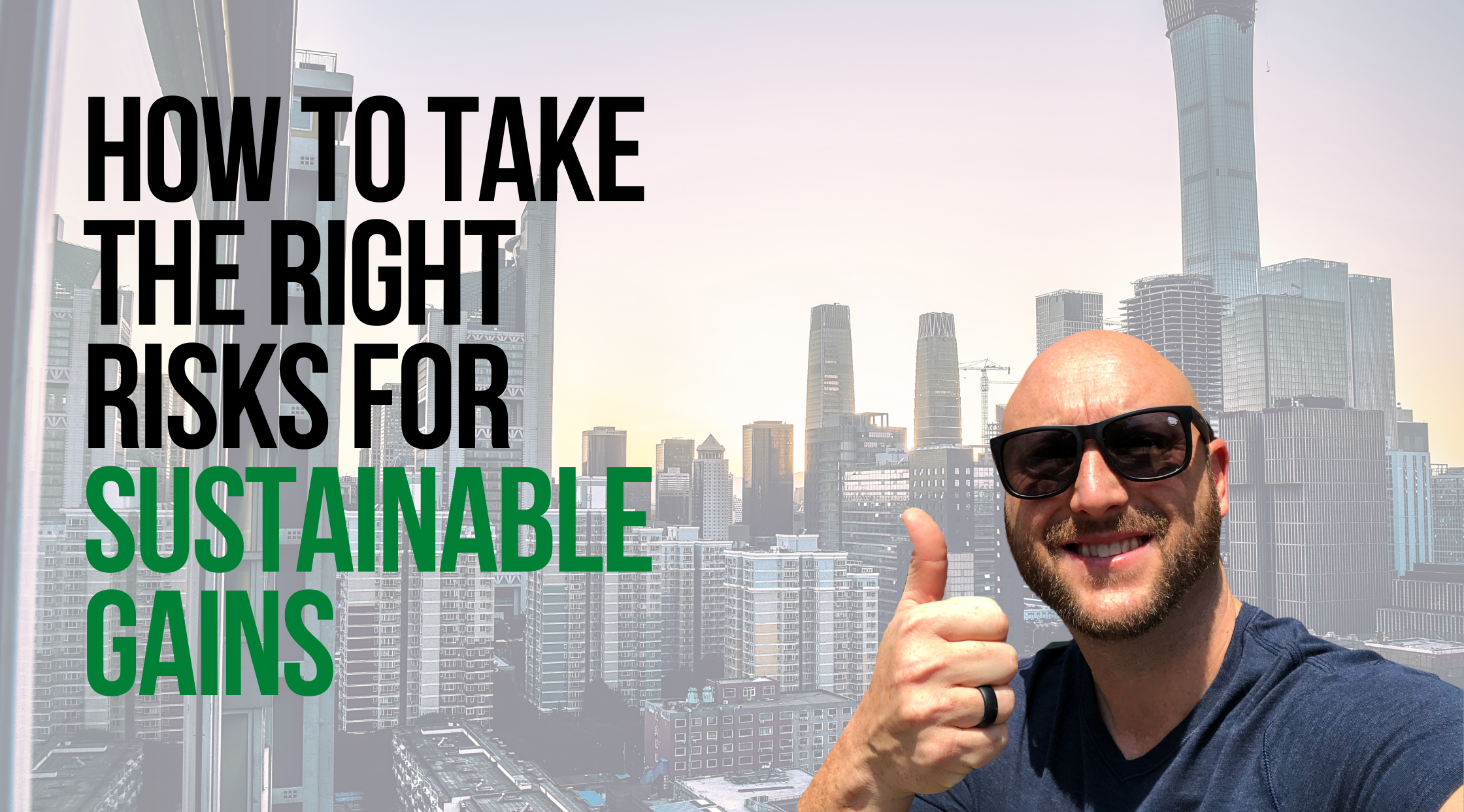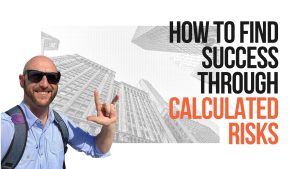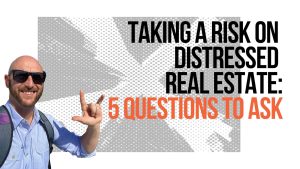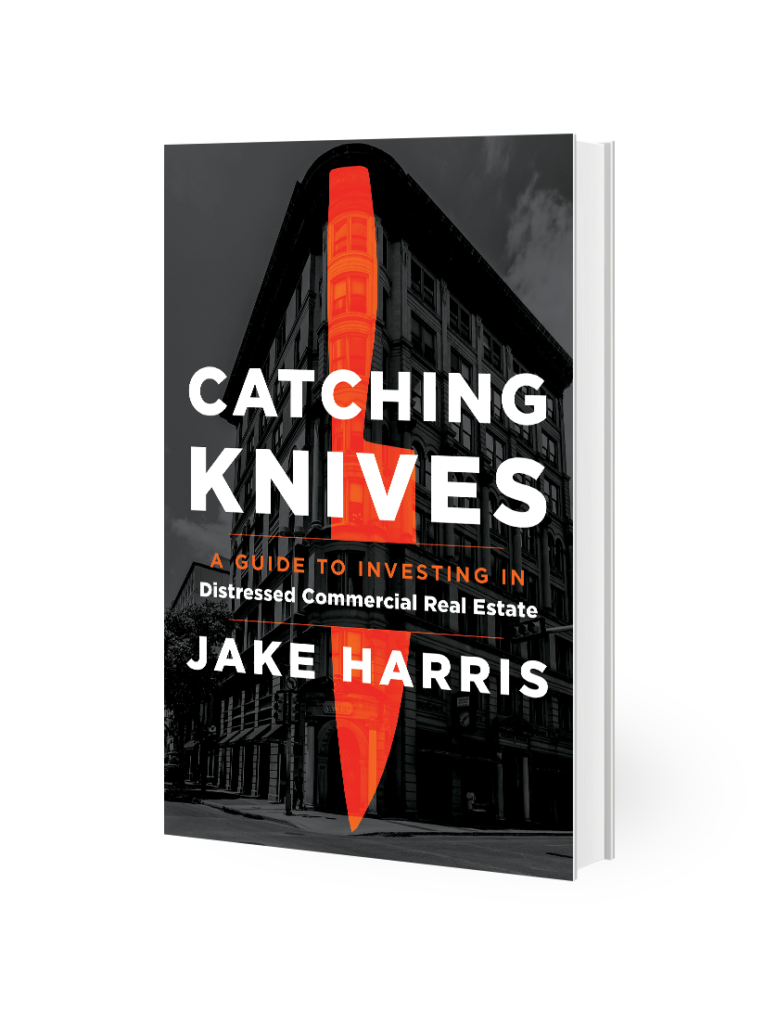Real estate investing through market distress and bailouts presents its own unique challenges and opportunities.
We’re seeing things that have never happened before on a national and even global level. Because of this, we’re dealing with significant ripple effects.
Never before has travel gone completely down to zero. Even with very terrible events like 9/11, tourism of hotels dropped significantly, but it didn’t go all the way to zero. When other countries like Australia become very restrictive of the movement and activities of people, you see that impact tourism on a global level.
Typically this leads to asset foreclosures. Lots of hotels are being sold, shopping centers are closing because people aren’t going out, and we’ve seen a lot of restaurants fail.
Under normal circumstances, this presents an opportunity for distressed real estate investing. So what makes post-pandemic distressed real estate investment different? A few factors have made this a unique situation:

1 – Pressure On Surviving Businesses
Through numerous packages, money was passed out to businesses in order to be distributed. That helped many of them, but not all of them, which opened up an opportunity for the ones that did survive to become very very busy.
I watched both of my brothers who are in the restaurant business really struggle along with other restaurant owners. But now that they have reemerged, they’re busier than ever. Sounds great, but with this success comes other challenges like labor shortages. People don’t want to come back to work and are requiring higher pay in order to return. What’s the long term effect of this? Only time will tell. But what we know now, is the distress level of surviving businesses could change dramatically in the long run.
2 – Contextual Impact
Just a few doors down from a surviving restaurant may be another restaurant that couldn’t reopen, meaning they’re not paying rent. This in turn affects the mortgage of the strip center owner, which puts them under stress. They may not be going bankrupt or experiencing foreclosure, but they’re not willing to take the financial risk anymore.
Because they’re not in extreme distress, they are selling for a slightly lower price, but not nearly the drop we typically see in other distressed real estate. This is interesting because when several properties drop in value, people get alligator arms. They don’t know what to buy and end up holding out for a huge market price discount. Well, guess what? That hasn’t really happened yet.
3 – Kicking It Down The Road
Because these dramatic drops in prices didn’t happen, all these investors are waiting in the wings with all their money. They’re waiting for deals that aren’t there. As people pivot and change, the market eventually normalizes. This could be great, or it could just be kicking the can down the road.
We might not see the massive distress in real estate right now, but this could lead to even bigger problems in the future.
The pandemic truly has presented us with unprecedented situations. It’s challenging to predict how this will impact the market. In fact, economists have different opinions of what’s going on. No one actually agrees on what this means for the future. It could be good, it could be bad, we don’t really know yet.
All we can do is keep watch and make sure we’re making sound decisions in our investments. If you want to learn more about making informed investments in distressed real estate, now is a perfect time! Check out my latest YouTube video
Follow Along:
Instagram: @Jake.RealEstate
LinkedIn: Jake Harris
Youtube: Jake Harris



